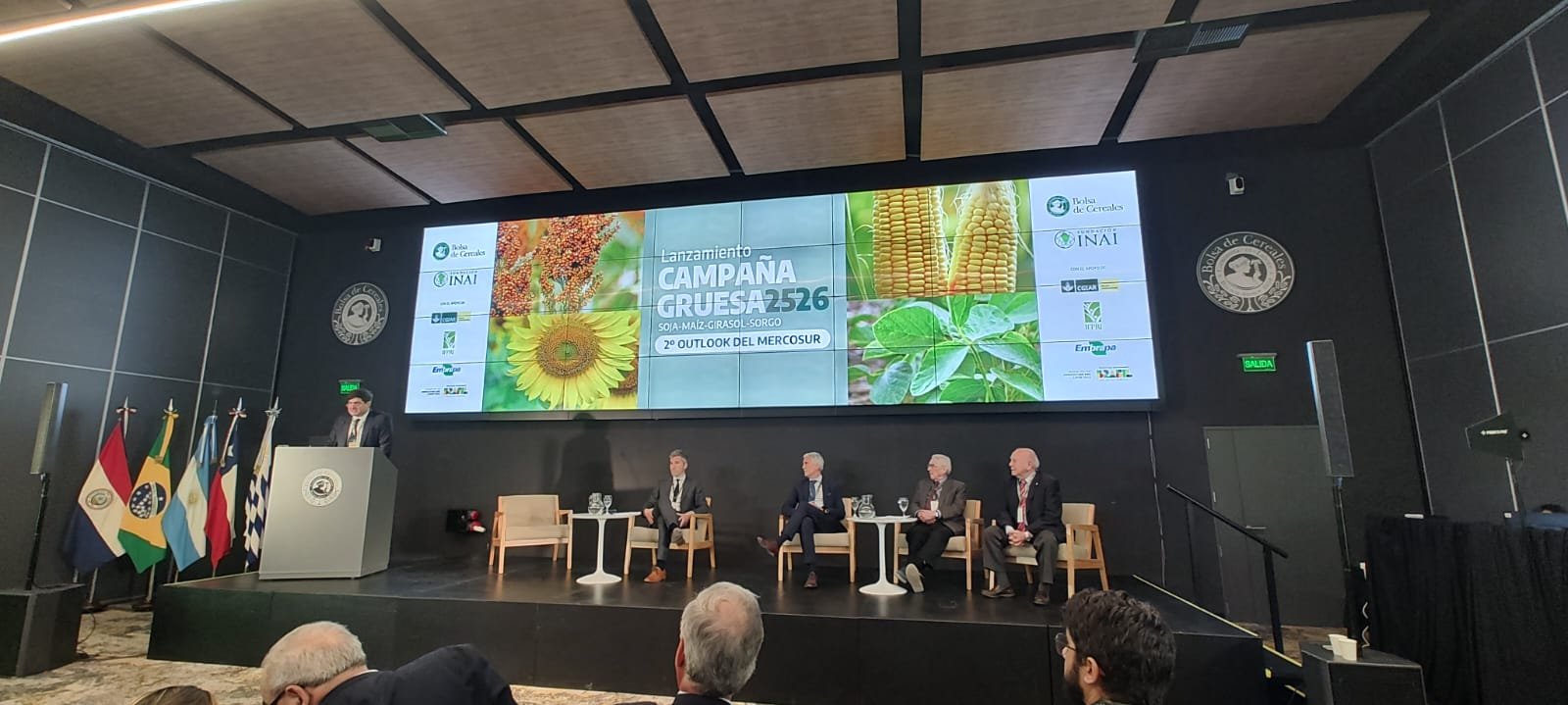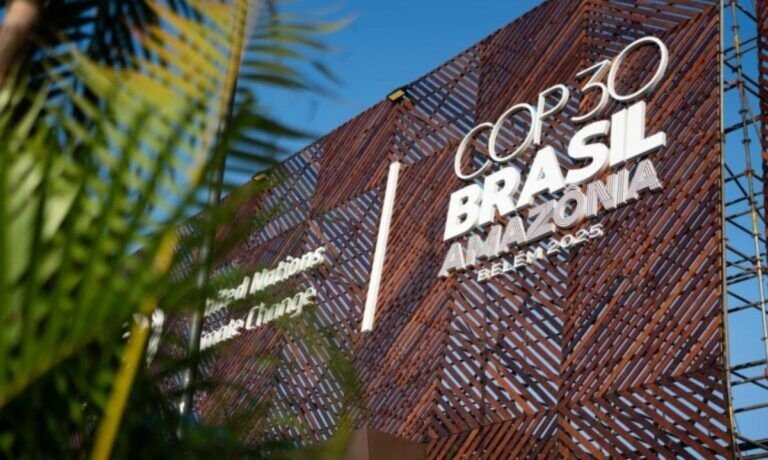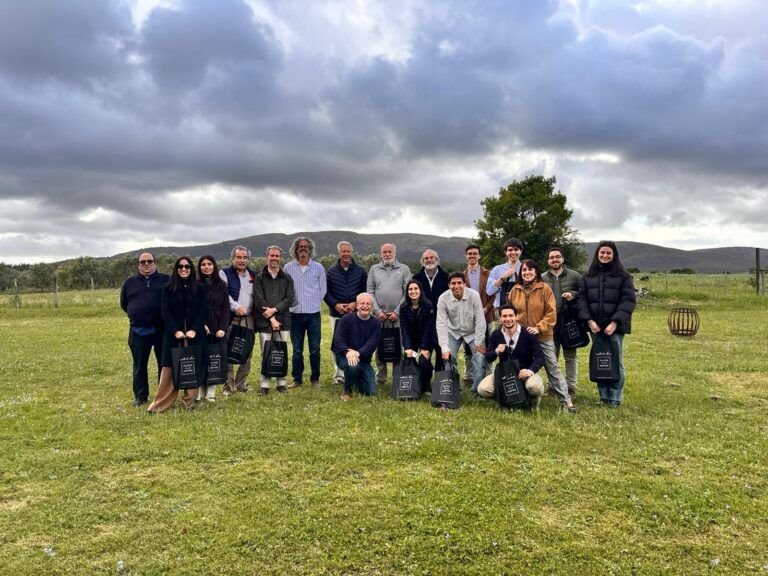The Second Mercosur Outlook, organized by the Buenos Aires Grain Exchange, brought together specialists and authorities from Argentina, Brazil, Paraguay, and Uruguay to analyze the agrifood outlook for the next decade. According to the projections presented, the bloc's grain and oilseed production could increase by 122 million tons, with an additional 62 million tons in exports, which would represent revenues exceeding $31 billion by 2034.
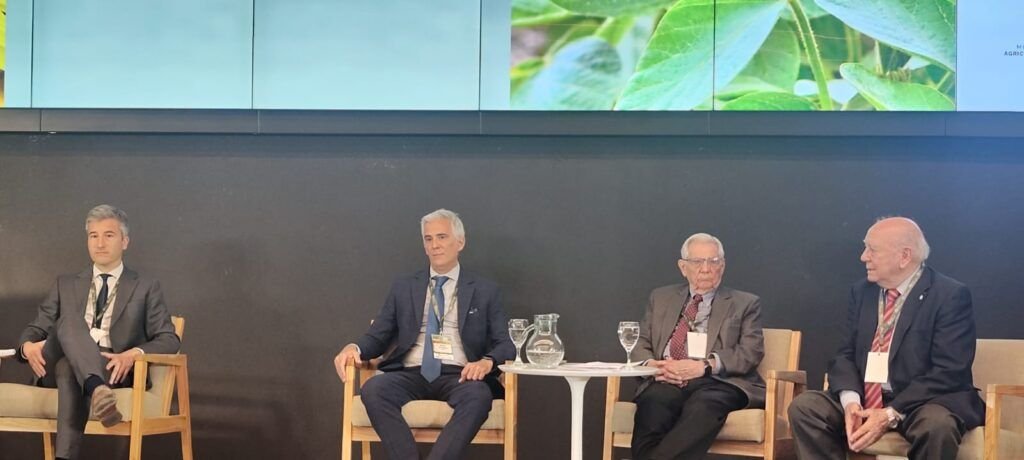
Marcelo Regúnaga, general coordinator of the Group of Southern Producer Countries (GPS), highlighted his intervention. He presented a strategic vision for Mercosur's role in the new global scenario of food security and sustainability. Regúnaga emphasized that the bloc "has the natural, technological, and human conditions to position itself as the world's leading agricultural group," but warned that this potential depends on stable rules of the game, adequate infrastructure, and stronger regional coordination.
He also emphasized that agriculture must be recognized as part of the solution to climate change, not as a problem. "This is the ideal time to convey that agriculture has the capacity to capture carbon and provide services that contribute to environmental balance," he stated, referring to the upcoming COP 30, which will be held in Brazil in 2026. To this end, he proposed advancing metrics that accurately measure the sector's contribution to climate mitigation and strengthening research and development systems that allow for greater productive resilience.
The specialist also called for the consolidation of a regional agenda that combines productivity, sustainability, and inclusion: "If we can coordinate policies and adopt common environmental standards, Mercosur can lead a new global narrative on agriculture," he noted.
The event featured representatives from the public and private sectors of the bloc's four countries. From Brazil, Cleber Soares, Vice Minister of Agriculture and Livestock, highlighted policies to reduce one billion tons of emissions by 2030 and Embrapa's progress in carbon footprint measurement tools. For Paraguay, Manuel Adolfo Ferreira Brusquetti warned that the challenge will be to sustain technological adoption in a scenario of lower prices, while Uruguayan Minister Luis Alfredo Fratti emphasized the need for investments in health, traceability, and sustainability to maintain competitiveness.
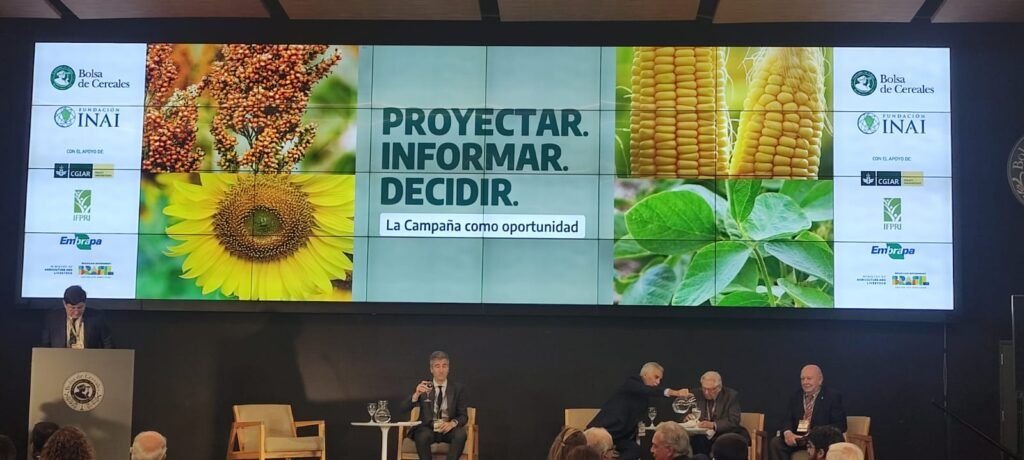
With a shared vision for the future, the experts agreed that the challenge for Mercosur will not only be to produce more, but to produce better: integrating innovation, sustainability, and trade liberalization to consolidate its role as a key agri-food and environmental power on the global stage.
Mirá todo el panel aquí.
